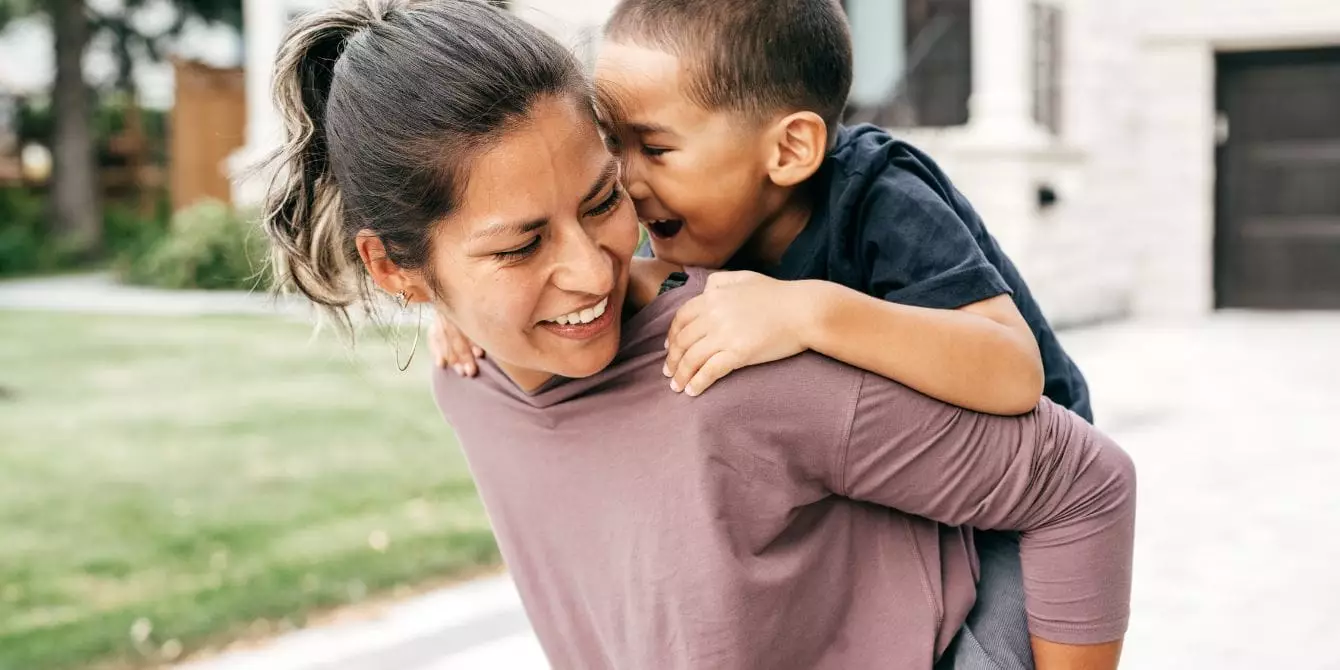Emotional courage is a fundamental aspect of human experience, encompassing the ability to fully acknowledge and express one’s emotions, regardless of their nature. This concept encourages individuals to embrace the entire spectrum of feelings—positive, negative, and everything in between. The journey of nurturing emotional courage begins with the understanding that every emotion holds value and insight, playing a crucial role in personal development. As society evolves, the discussion around emotional intelligence underscores the significance of this courage in fostering both individuality and interpersonal relationships.
Prominent thought leaders, such as Brené Brown, advocate for redefining vulnerability, illustrating it not as a sign of weakness but as a measure of true courage. In her acclaimed works, Brown elucidates the essence of vulnerability: it embodies uncertainty, risk, and emotional exposure. The core question becomes whether we are willing to reveal ourselves authentically when the outcomes are unpredictable. This paradigm shift in perception is vital, especially for the younger generation, who are often socialized to believe that showing emotion is synonymous with weakness.
By advocating for emotional courage, it becomes pertinent to unlearn toxic beliefs that discourage emotional expression, such as the age-old mantras, “Boys don’t cry” and “Put on a happy face.” These kinds of societal pressures necessitate a comprehensive approach to emotional education, equipping children with the tools to embrace and articulate their feelings without shame.
Fostering emotional courage in children entails providing them with a framework that celebrates all feelings, particularly the uncomfortable ones. It is essential for young children to learn two pivotal concepts: first, to greet their emotions with curiosity instead of avoidance, and second, to recognize sensitivity not as a liability but as a profound strength. This shift redefines resilience—not as stoicism but as the ability to navigate through a challenging emotional landscape while remaining open and authentic.
Moreover, emotional courage runs parallel to societal values of gentleness and compassion. Rather than fostering an environment that prioritizes toughness, we need to create supportive spaces that encourage emotional exploration. Instilling values of vulnerability can ultimately prepare children to tackle difficult conversations and stand firm in their convictions when faced with adversity.
For emotional courage to take root, parents must embody the principles they wish to instill. This calls for a commitment to self-reflection and emotional honesty. Children learn from their surroundings, and the unspoken emotional dynamics within a family profoundly impact their understanding of emotional expression. Parents modeling their own emotional experiences—not shying away from sharing sadness or discomfort—sets the tone for children to do the same.
Teaching children how to handle difficult emotions involves creating dialogues around feelings, including those that society may label as negative. For example, parents can demonstrate how to tolerate distressing feelings such as sadness or anger without resorting to suppression or blame. This emotional framework equips children with the skills necessary to navigate future challenges in a healthy fashion.
Building emotional courage in the family can be an enriching experience. Here are several strategies that can help facilitate this growth:
1. Acknowledge Emotions: Encourage family members to articulate their feelings openly. Holding space for emotional discussions fosters a culture that prioritizes emotional honesty.
2. Encourage Acceptance: Teach the importance of accepting feelings without judgment. This helps dispel the stigma surrounding negative emotions and highlights their relevance in our lives.
3. Embrace Imperfection: Normalize mistakes and challenges as part of life. When perfection is removed from the equation, it allows for more authentic learning and connection.
4. Practice Active Listening: Create opportunities for family members to express themselves, reinforcing the notion that everyone’s feelings are valid and worthy of attention.
5. Model Emotional Resilience: Share personal experiences that involve emotional challenges. Illustrating how to cope and grow from these situations serves as a powerful lesson for children.
Emotional courage is not a destination; it is a fluid and continuous journey. By fostering an environment where feelings are validated positively, we can cultivate empathy, resiliency, and authenticity in our children. Emotional courage becomes a cherished skill that benefits individuals across their life trajectory, instilling the ability to navigate a world full of emotional complexities.
As we strive to raise emotionally intelligent and courageous individuals, we lay the groundwork for a future where vulnerability is embraced as a strength and emotional expression is celebrated. Such a resilient mindset can profoundly impact how future generations interact with themselves and others, ultimately creating a more compassionate society.

